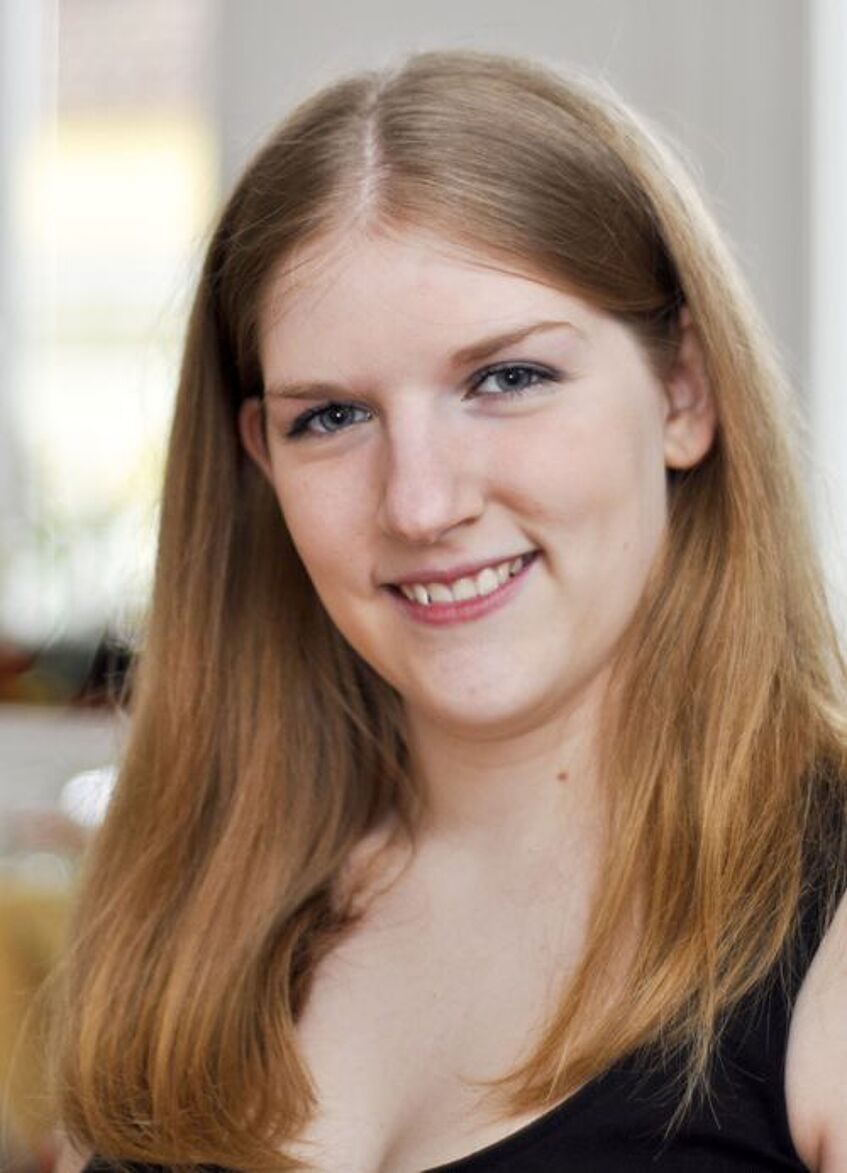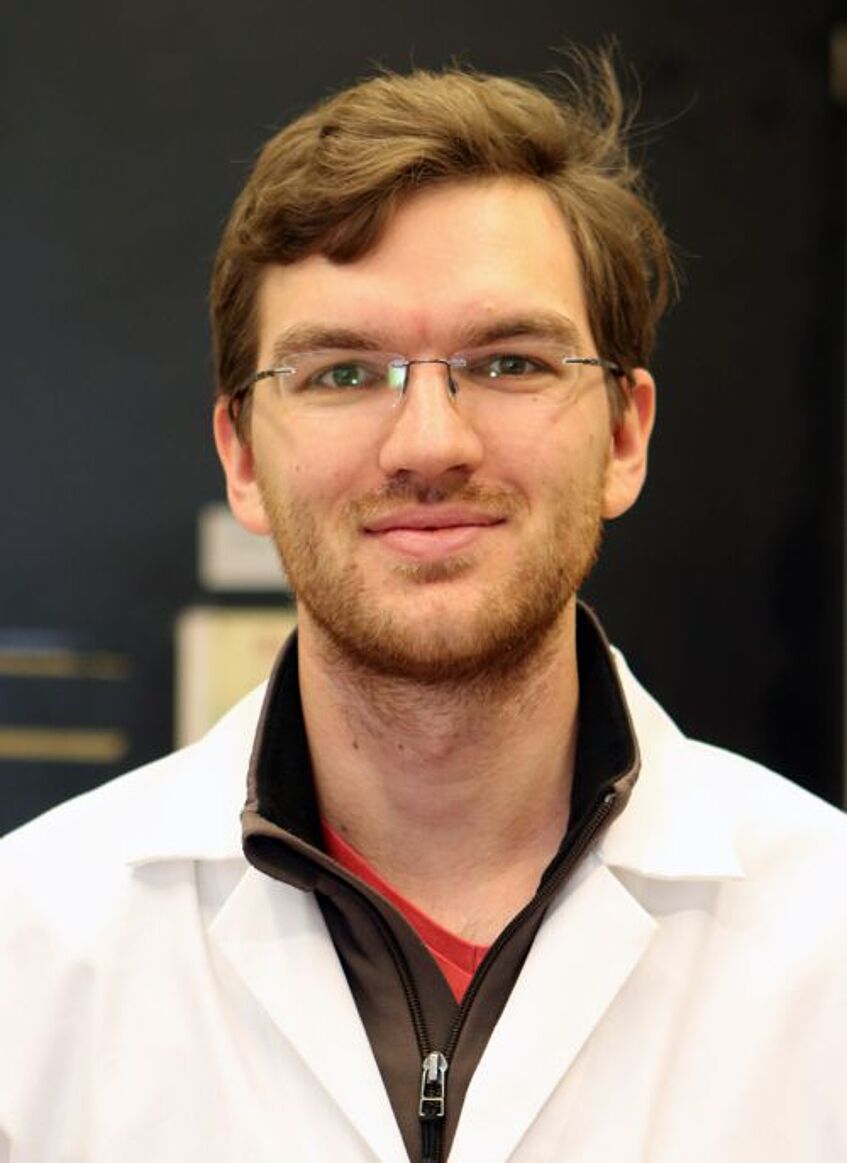After graduation
The educational and training profile of the Master’s Program Botany combines expert knowledge on biological topics with a focus on plants and fungi, professional application of specific methods, and general competences (e.g., knowledge transfer, goal-oriented working, team work). Hence, after graduation you can continue with a PhD program or work in areas of basic and applied science, including
- research at universities or extra-mural research institutes
- basic and applied research in economic or business friendly areas, such as agricultural and environmental sciences, medicinal and pharmaceutical research
- species protection programmes of NGOs, environmentalist groups, or in national parks
- in the fields of production, quality control, marketing or technology management in industrial sectors with connections to crops and plants
- independent biological research activity in the course of documentation, presentation and analysis of scientific data, activity as expert witness
- curator of scientific collections (e.g., in museums, botanical gardens)
- science journalism
- project planning, acquisition and execution
- research administration and science management
- teaching at secondary educational institutions
What alumni say
"Why are you studying botany? I was asked this question many times during my studies, and again and again I could surprise people with the diversity of botany. In addition to acquiring a sound knowledge in all disciplines of botany, during the Master’s Program Botany one has the opportunity to choose from a multitude of topics according to one’s own interests. Thus it is possible, at your discretion, to participate in different excursions or spend many hours in the lab to explore the secrets of plants. Finally, the studies enabled me to work autonomously in the lab during my Master’s thesis, thus making me an independent scientist."
Stefanie Görgl

"My personal highlights of the Master's Program Botany at the University of Vienna are: The excellent ratio of students and lecturers including a very personal relationship to professors, the well-integrated array of offered courses from botanical excursions and molecular systematics to morphology and analytical chemistry, and last but not least the very free choice of modules allowing for individual specialization according to personal interests. In retrospect, I’m really glad that I have chosen Vienna as the place to do my Master of Botany."
Benedikt Kühnhäuser

